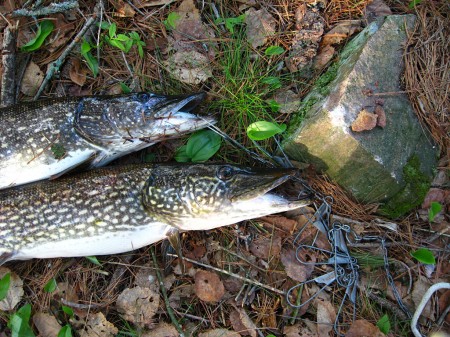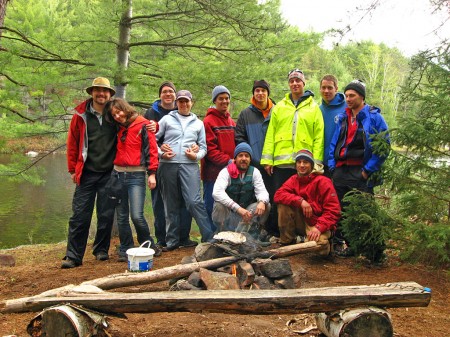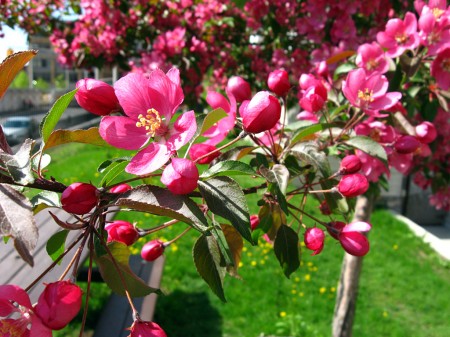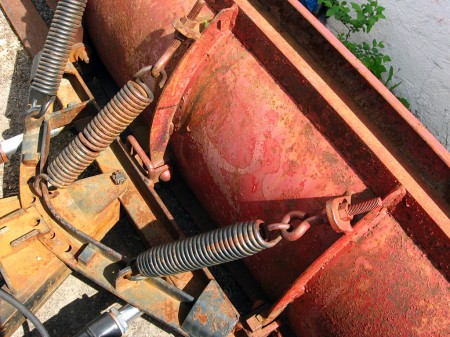When my mother became a citizen of Canada, I remember noting the absurdity of the citizenship oath:
I swear (or affirm) that I will be faithful
and bear true allegiance to Her Majesty
Queen Elizabeth the Second, Queen of Canada,
Her Heirs and Successors, and that I will faithfully
observe the laws of Canada
and fulfil my duties as a Canadian citizen.
The monarchy is a sad reminder of Canada’s imperial past, not something that should be at the heart of becoming a Canadian citizen. It would be far better to have those who are becoming citizens assert their support for the Constitution, democracy, and the rule of law only, rather than giving such prominent treatment to an irrelevant legal hangover. To paraphrase Monty Python: supreme executive power derives from a mandate from the masses, not from some farcical tradition of bloodline descent.
It is certainly an excellent thing that the monarchy has been pushed to the symbolic edge of Canadian law and society, represented by mere remnants like a titular governor general, the queen on currency, and legal conventions like Regina v. Whoever for legal cases. That being said, it makes sense in this day and age to finally eliminate the trappings of family-line rule and become a proper republic. Of course, there are those who disagree.







